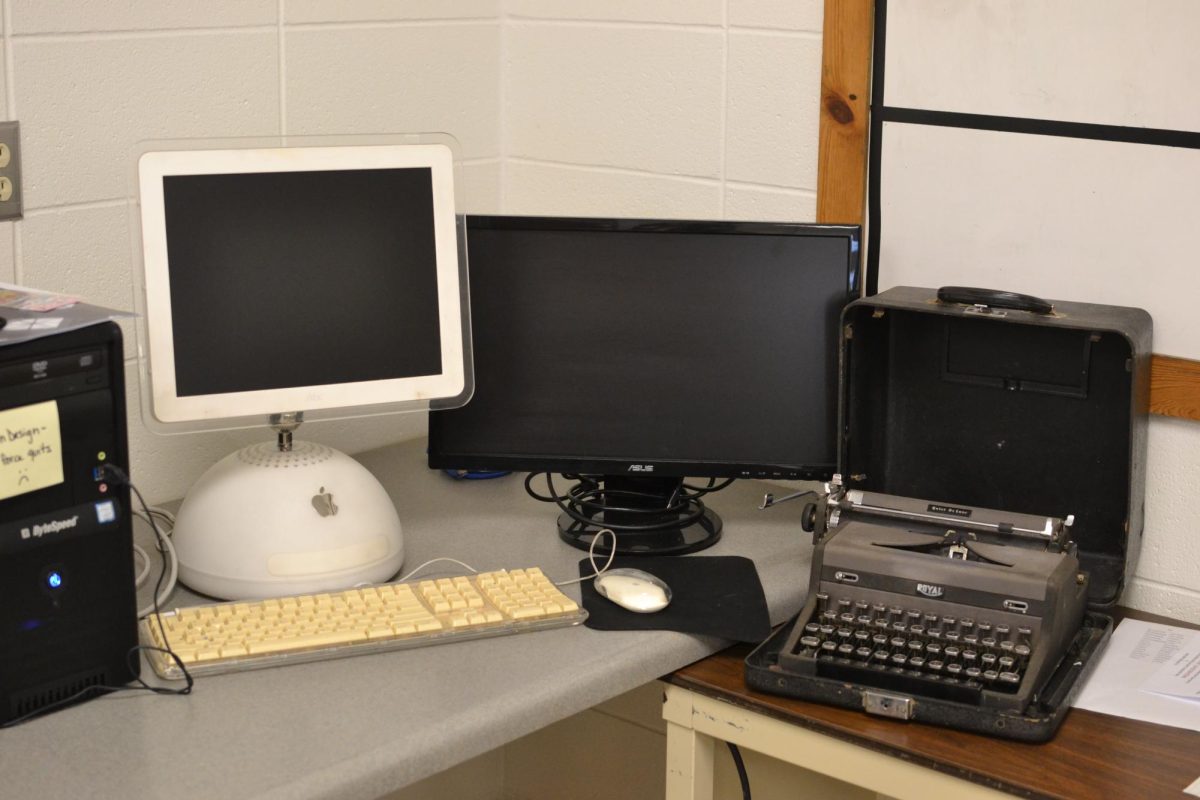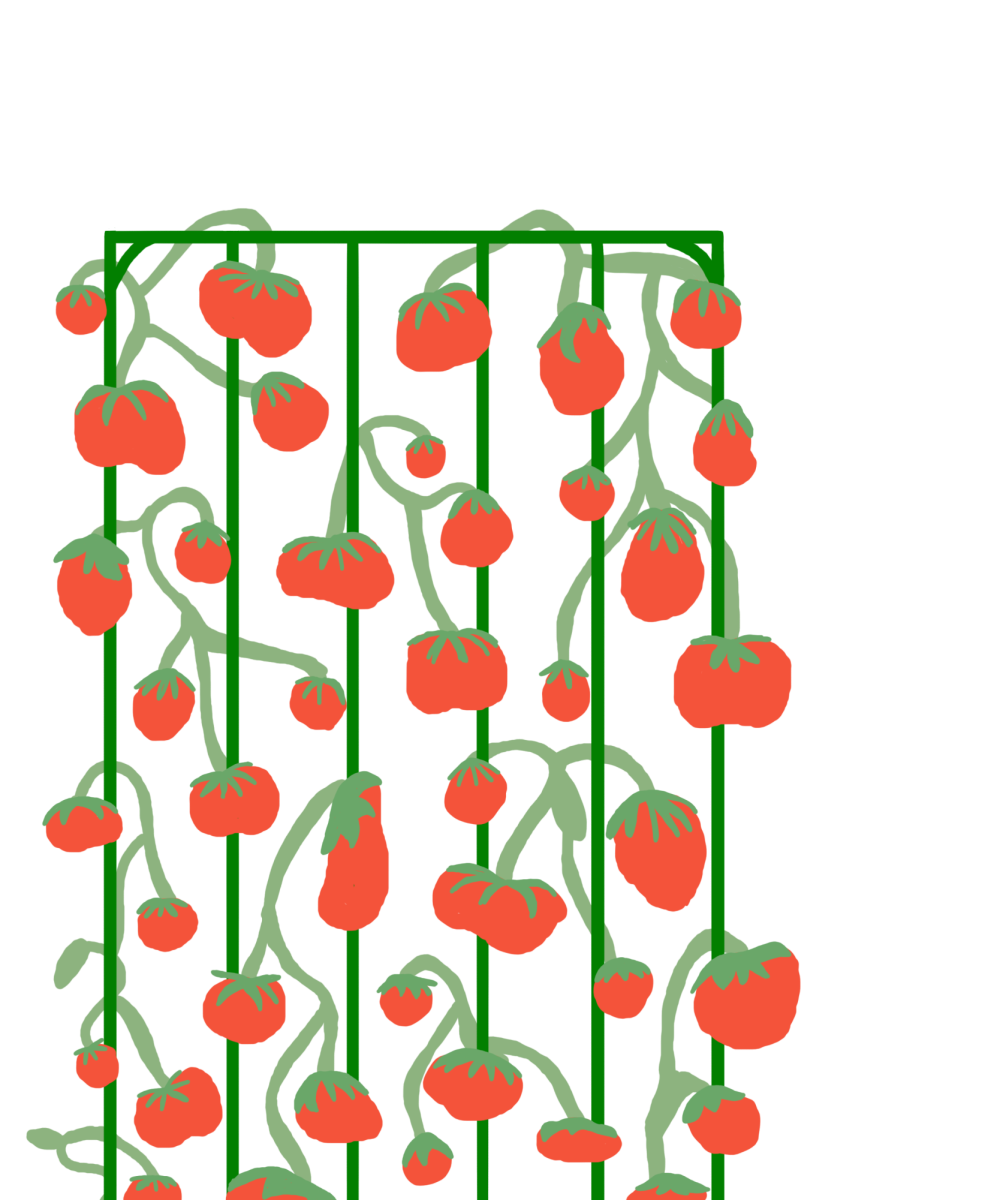Do you ever feel like time is passing you by, or that any memory you try to retain falls out of your head? Well you’re not alone, and you’re definitely not going crazy; there’s actually a scientific reason for these feelings.
Many people describe the feeling of time as moving faster as you grow older, whether that be life moving faster, or your perception of time changing as you mature. It is a worldwide phenomenon, and there is an answer for why you’re feeling this way.
According to Harvard’s article, “No, It’s Not Just You: Why time ‘speeds up’ as we get older”,“the rate at which we process visual information slows down, and this is what makes time ‘speed up’ as we grow older.”
As we get older, the more complex and developed our neurons are, and the more damaged the networks are. This damage slows down processing time, making everything seem like it’s passing by faster.
“Slower processing times result in us perceiving fewer ‘frames-per-second’ – more actual time passes between the perception of each new mental image. This is what leads to time passing more rapidly. When we are young, each second of actual time is packed with many more mental images. Like a slow-motion camera that captures thousands of images per second, time appears to pass more slowly,” Harvard claimed.
There’s also the common feeling of not being able to remember anything, no matter how much you try. As if anything you try to retain just seems to fall out of your head.
According to the Smithsonian Magazine, “Scientists have long known that recording a memory requires adjusting the connections between neurons. Each memory tweaks some tiny subset of the neurons in the brain (the human brain has 100 billion neurons in all), changing the way they communicate. Neurons send messages to one another across narrow gaps called synapses. A synapse is like a bustling port, complete with machinery for sending and receiving cargo—neurotransmitters, specialized chemicals that convey signals between neurons. All of the shipping machinery is built from proteins, the basic building blocks of cells.”
If memories are created in the brain, why is it so easy for people to just forget them? Well there are a few simple answers to this question, such as stress or medications, but there’s also a much more specific scientific reason.
According to Dr. Paul Frankland, Professor in the Department of Psychology at the University of Toronto and the Hospital for Sick Children in Toronto, “Our new theory proposes that forgetting is due to circuit remodeling that switches engram cells from an accessible to an inaccessible state. Because the rate of forgetting is impacted by environmental conditions, we propose that forgetting is actually a form of learning that alters memory accessibility in line with the environment and how predictable it is.”
So if you ever feel like you have to lose some of your memories to learn new things, you might even be right. There are many studies on how to properly retain memories that you can’t follow if you need to remember something for a test.
According to the University of St. Augustine for Health Sciences, there are many strategies you can use to improve your memory. “Information we take in goes through the three stages of memory: encoding, storage, and retrieval…There are several ways to facilitate this process, protect against memory decline, and enhance our ability to retain information.”
If you’re just wanting to improve your memory, you could do stuff such as cardio, to improve your heart.
“The best way to protect and improve memory is by making good lifestyle choices: exercising regularly, limiting stress, eating healthfully, and getting enough sleep. You can also keep the mind agile by learning a foreign language or playing brain training games to improve thinking skills and short-term memory,” University of St. Augustine explained.
There are also good techniques if you’re trying to remember what you are studying.
“Before you start preparing, you can do several things to set yourself up for success. Try to avoid distractions while you’re studying, plan ahead so you don’t need to cram, and take study breaks. Evidence suggests that studying shortly before going to sleep, as well as sleeping between learning sessions, can help people retain information,” University of St. Augustine said.
Categories:
Catching Memories in Real Time
Catence McPherson, Opinion Editor
May 15, 2024
More to Discover
About the Contributor
Catence McPherson, Webmaster
Hello! My name is Catence. I’m a junior and this is my third year in ECHO. I am the webmaster, meaning I run everything related to our website. I am also involved in band (flute), theatre, I am a FIDO leader, and I’m planning on joining a couple other clubs this year!









